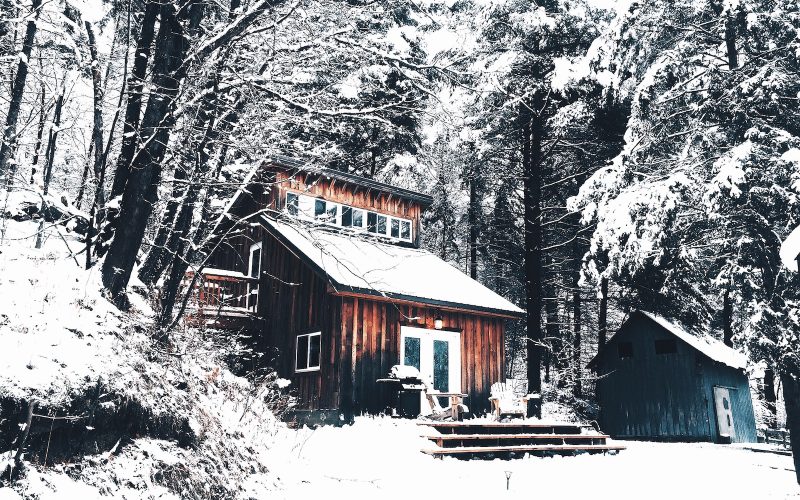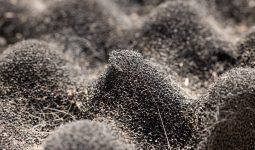Preparing your home for the cold weather is essential as winter approaches in Virginia. Proper insulation plays a critical role in this preparation.
It serves as the protective blanket your home needs to stay warm during the frosty months.
A well-insulated home effectively retains the heat generated by your heating system, lowering energy consumption and making your home more energy-efficient.
Plus, it creates a comfortable indoor environment, shielding your home from the cold outside and keeping the warm air inside.
Why insulation is important
Insulation is crucial for several reasons. Primarily, it retains heat within a building during winter, reducing the need for excessive heating and subsequently decreasing energy consumption.
This leads to lower energy bills, making insulation a cost-efficient solution.
Aside from this, high-quality insulation can also improve indoor air quality, minimizing the chance of condensation and mold growth, which could potentially harm your health.
Lastly, insulating your home contributes to environmental sustainability by reducing carbon emissions associated with excessive energy use.
Key Types of Insulation and Their Benefits
There are several types of insulation to choose from, each offering distinct advantages.
- Foam Insulation — is an excellent choice for many homes due to its high R-value per inch, which refers to its ability to resist heat flow. This type of insulation expands to fill gaps, making it incredibly effective at sealing leaks and preventing heat transfer. It can be sprayed or injected into walls, which makes it ideal for insulating existing finished areas, irregularly shaped areas, and around obstructions.
- Batt and Roll, or Blanket Insulation — is typically made of fiberglass and is often used in unfinished walls, floors, and ceilings. It’s generally less expensive than foam but doesn’t seal as effectively.
- Loose-fill insulation — made from small particles of fiber, foam, or other materials, is ideal for adding insulation to existing finished areas and irregularly shaped non-finished areas.
- Rigid Board Insulation — used for reproofing and on exterior walls.
- Reflective System Insulation — common in hot climates where it’s used to reflect heat away from living spaces.
Choosing the right type of insulation depends on your specific needs, but foam insulation offers many compelling benefits, especially in terms of energy efficiency and versatility.
What to look for when selecting an energy-efficient insulation product
Several key factors must be considered when selecting an energy-efficient insulation product.
- R-value: This is the measure of thermal resistance, which indicates the insulating material’s resistance to conductive heat flow. A higher R-value means greater insulating effectiveness. The required R-value for your home will depend on the climate, heating, and cooling system type, and the part of the house you plan to insulate.
- Material: Different materials have different insulating properties. While fiberglass and mineral wool are generally cheaper, they don’t provide the same level of air sealing as spray foam.
- Environmental Impact: Consider the product’s life cycle and how it’s manufactured. Some insulating materials are more eco-friendly than others due to their composition, manufacturing process, or both.
- Installation: Some insulation types are easier to install than others. For instance, blanket insulation can be a DIY project, while a professional should install spray foam.
- Health and Safety: Look for insulation that is fire-resistant and doesn’t emit harmful gases. Also, consider potential allergenic properties.
Remember, choosing the right insulation is about cost and maximizing energy efficiency and comfort.
Always consult a professional to ensure the best investment for your needs.
Conclusion
In conclusion, the insulation you choose for your home significantly impacts its energy efficiency, comfort, and sustainability.
Considering factors such as R-value, material, environmental impact, installation process, and health and safety will ensure you make an informed decision.
iFOAM has professional expertise in helping homeowners make the right choice for their insulation needs.
If you’re on the lookout for insulation solutions, don’t hesitate to get in touch with professionals today.








